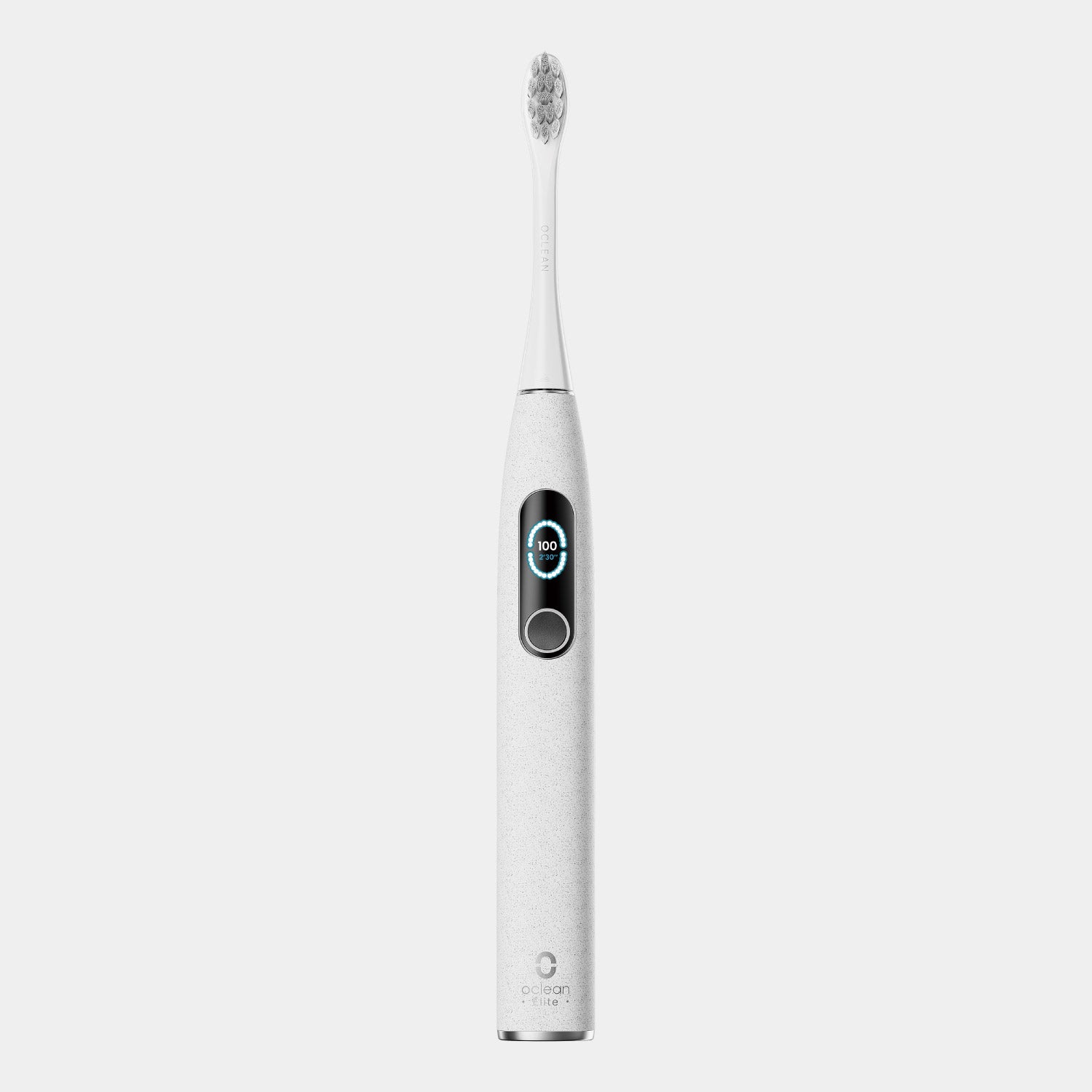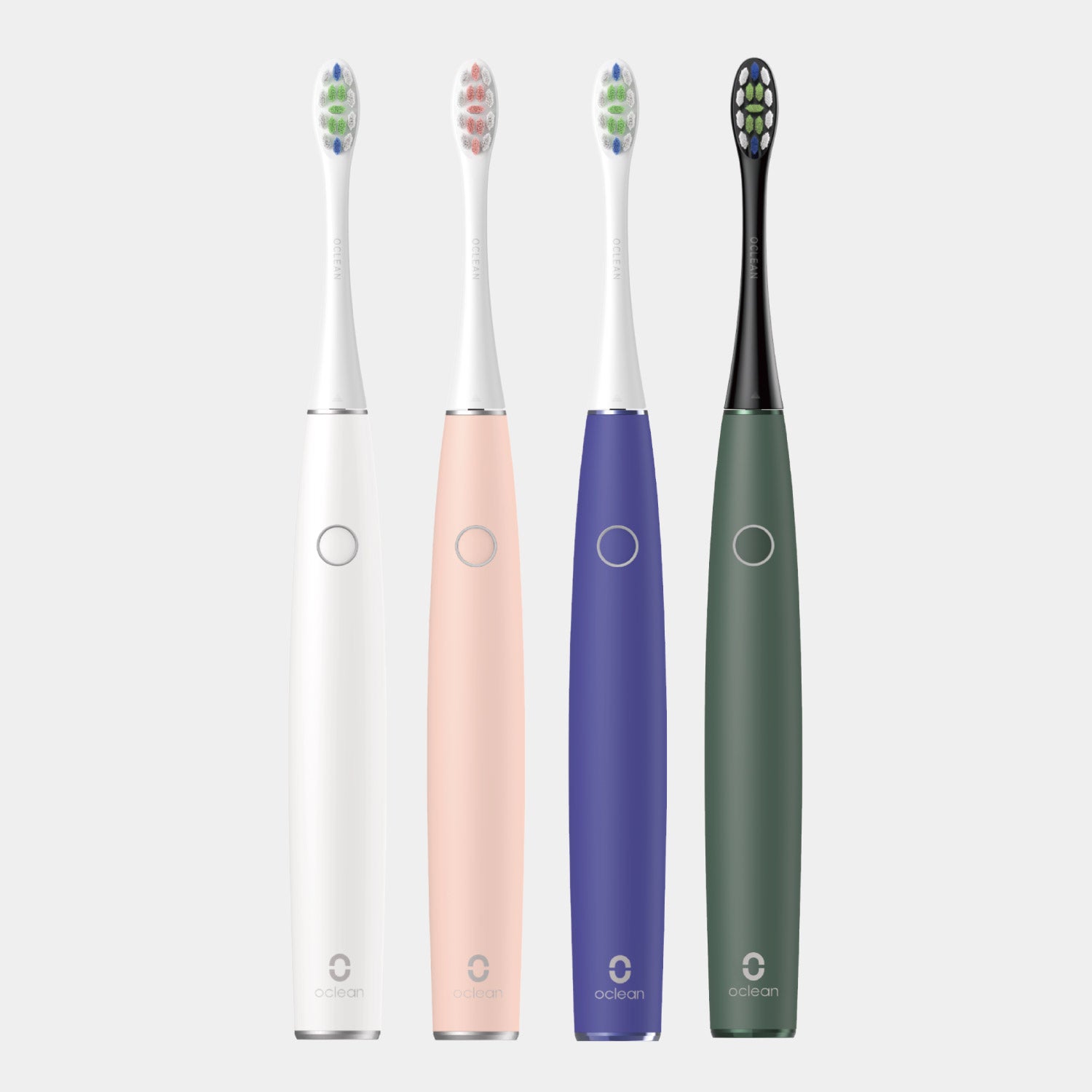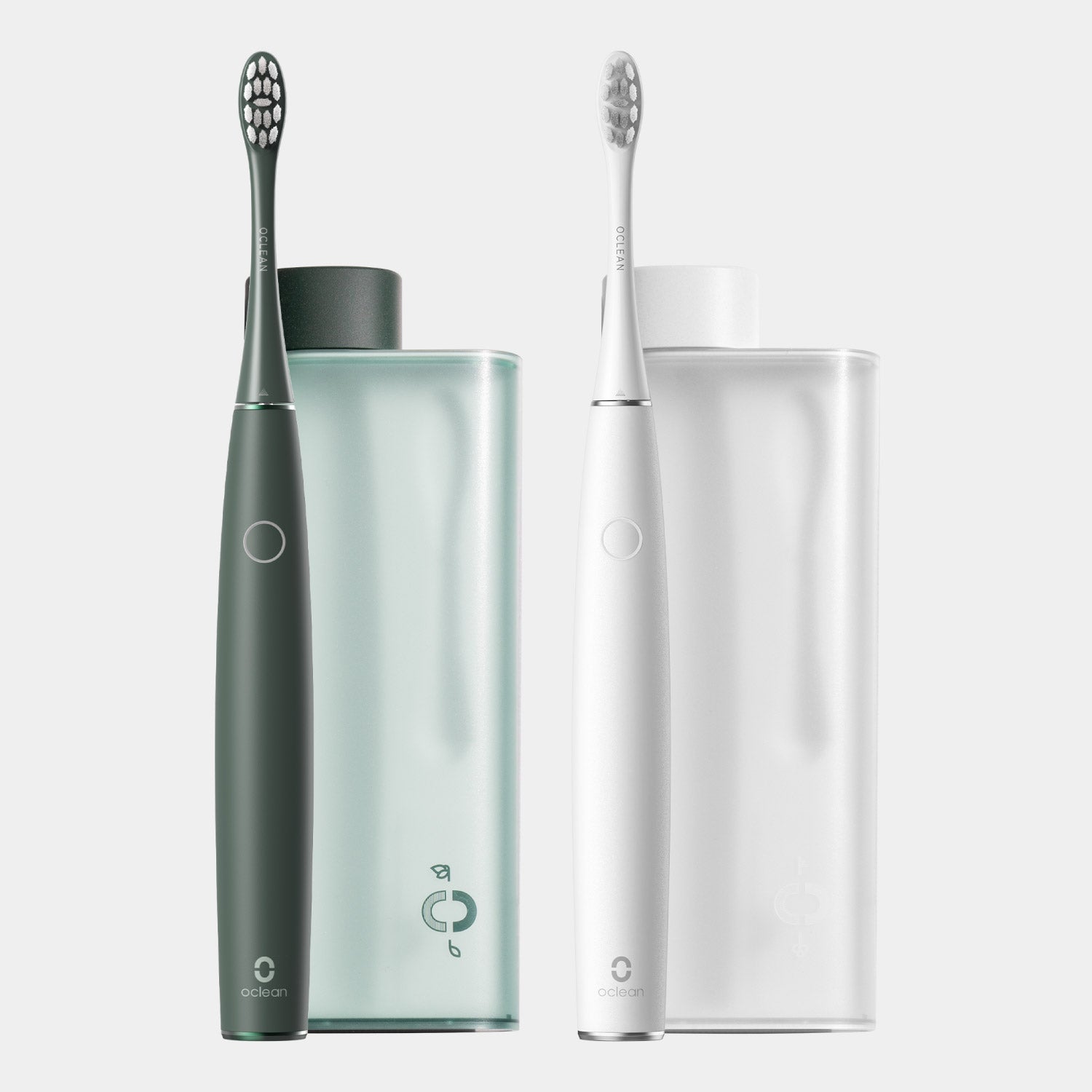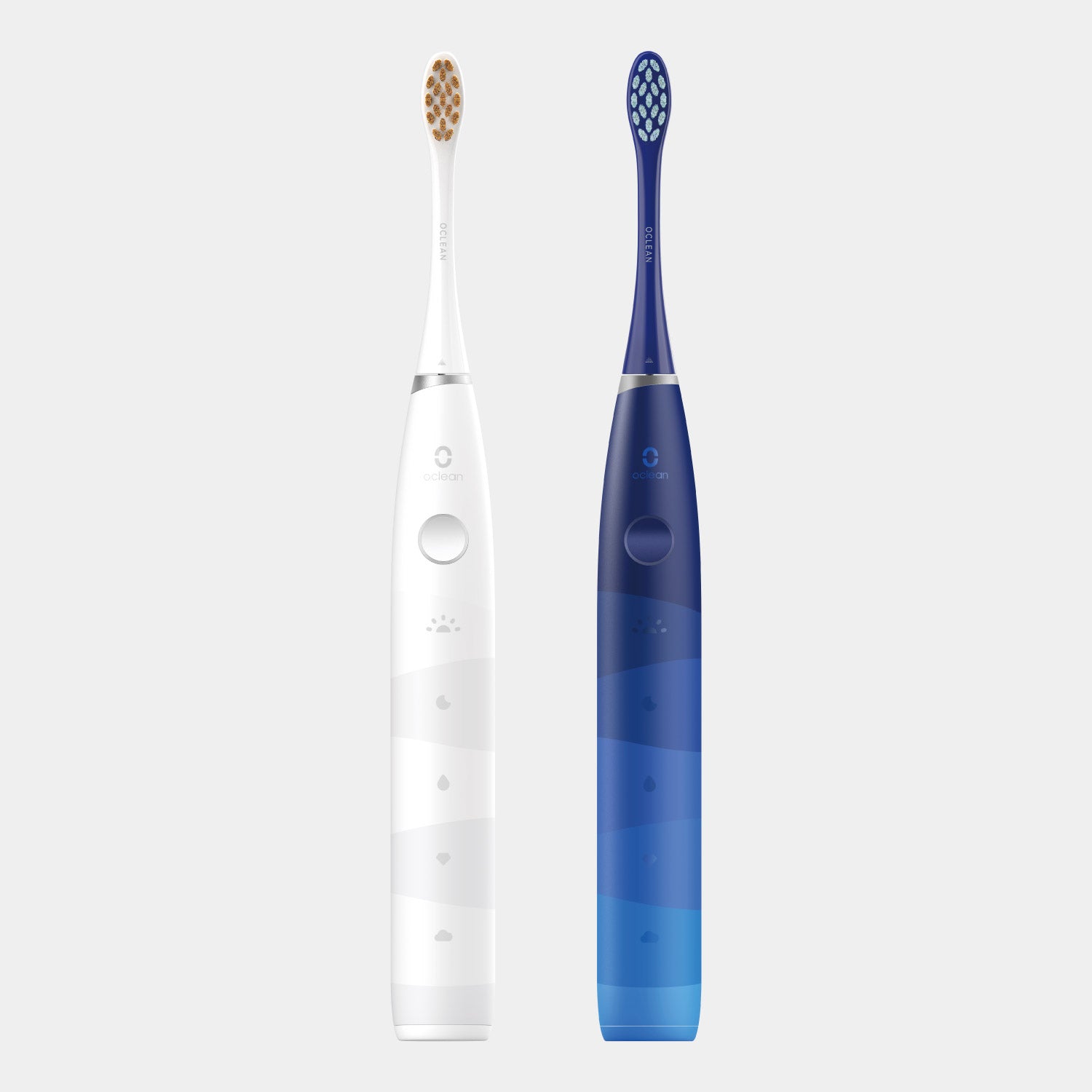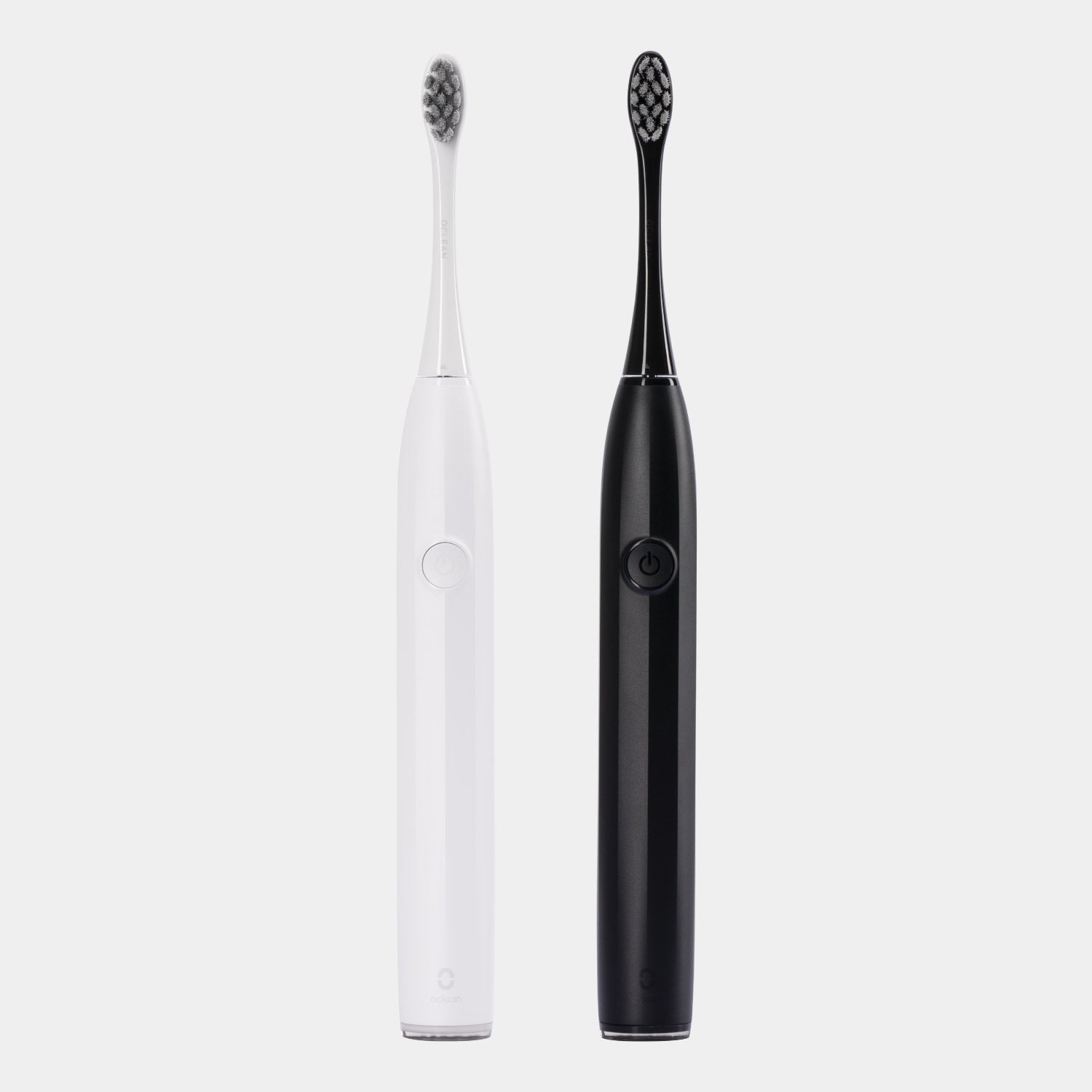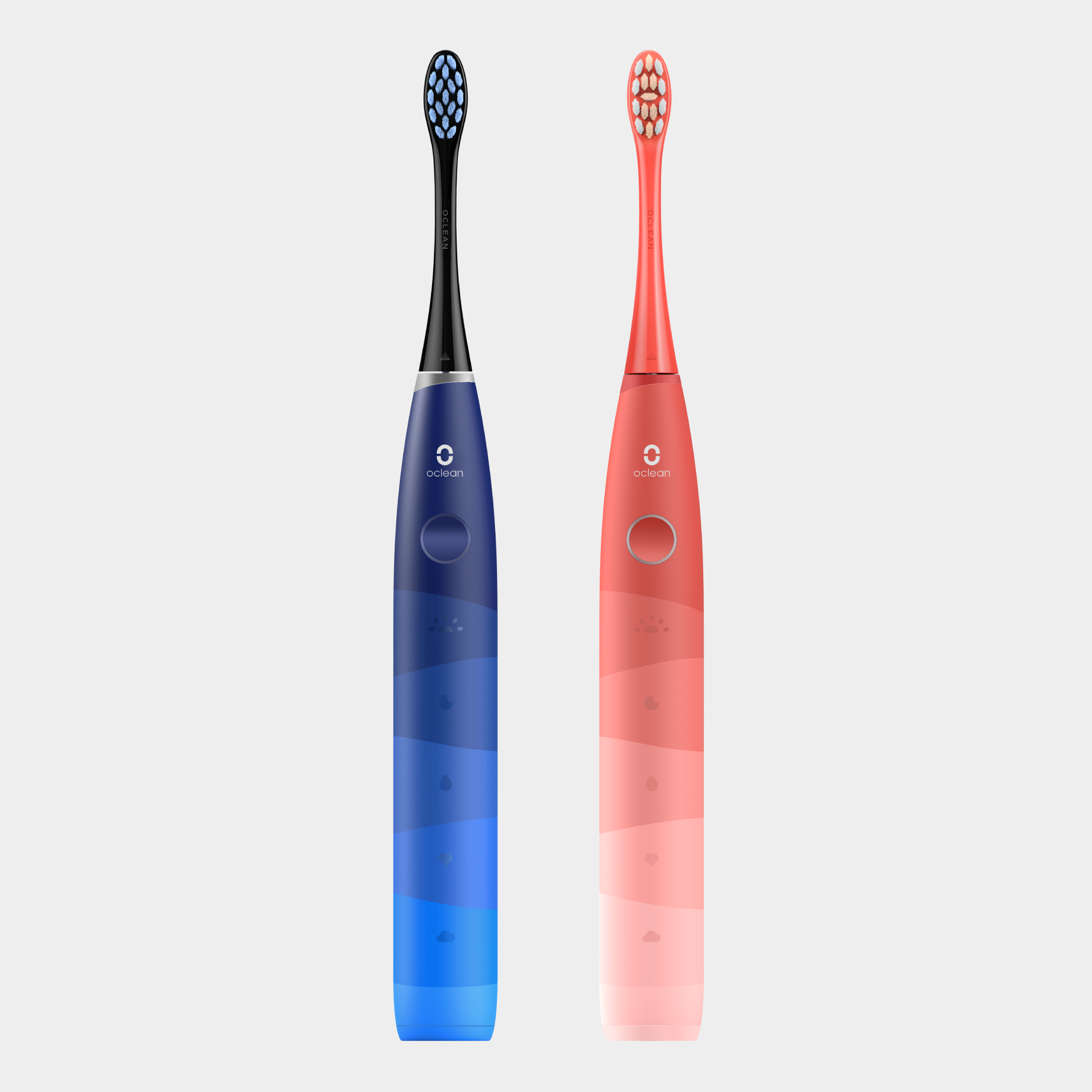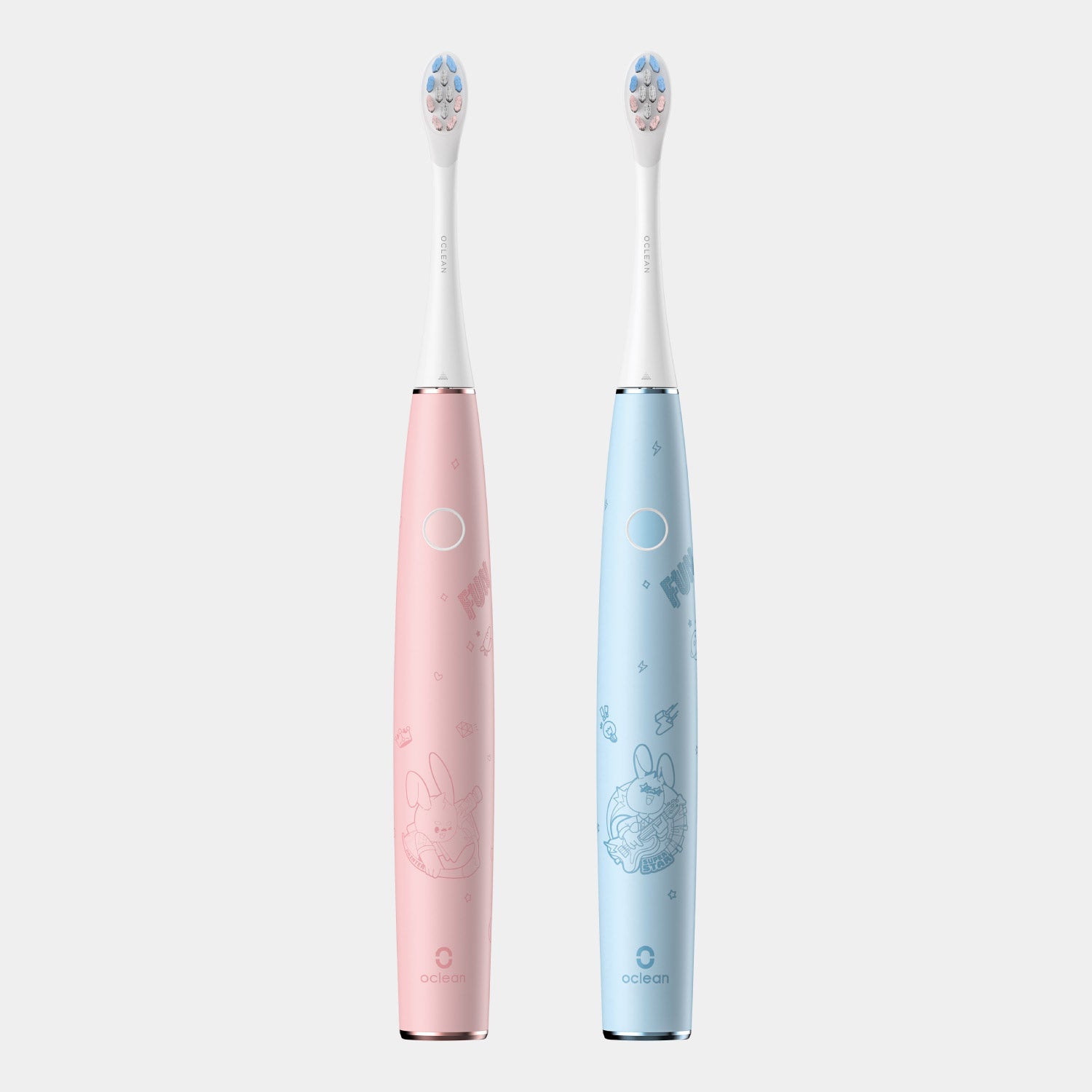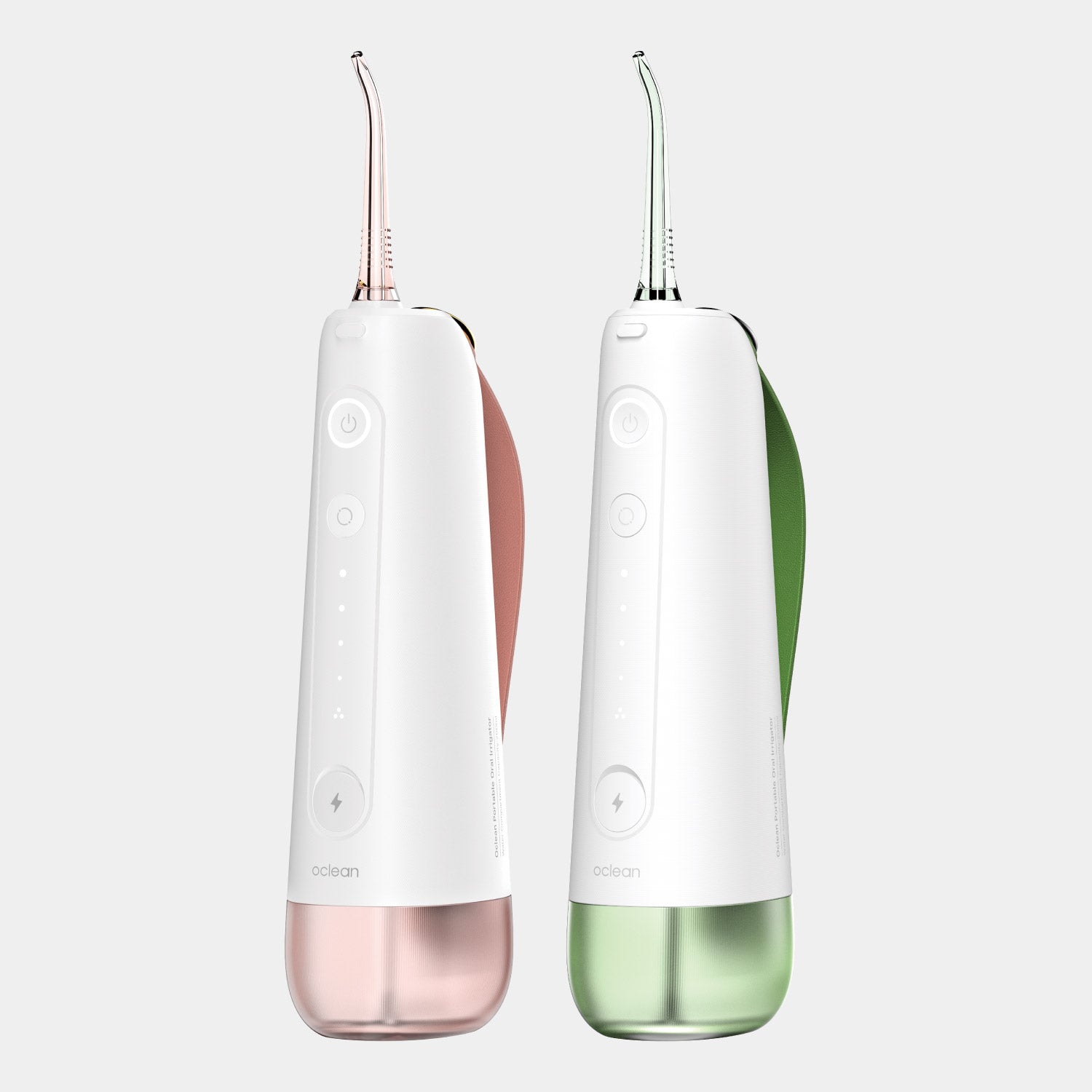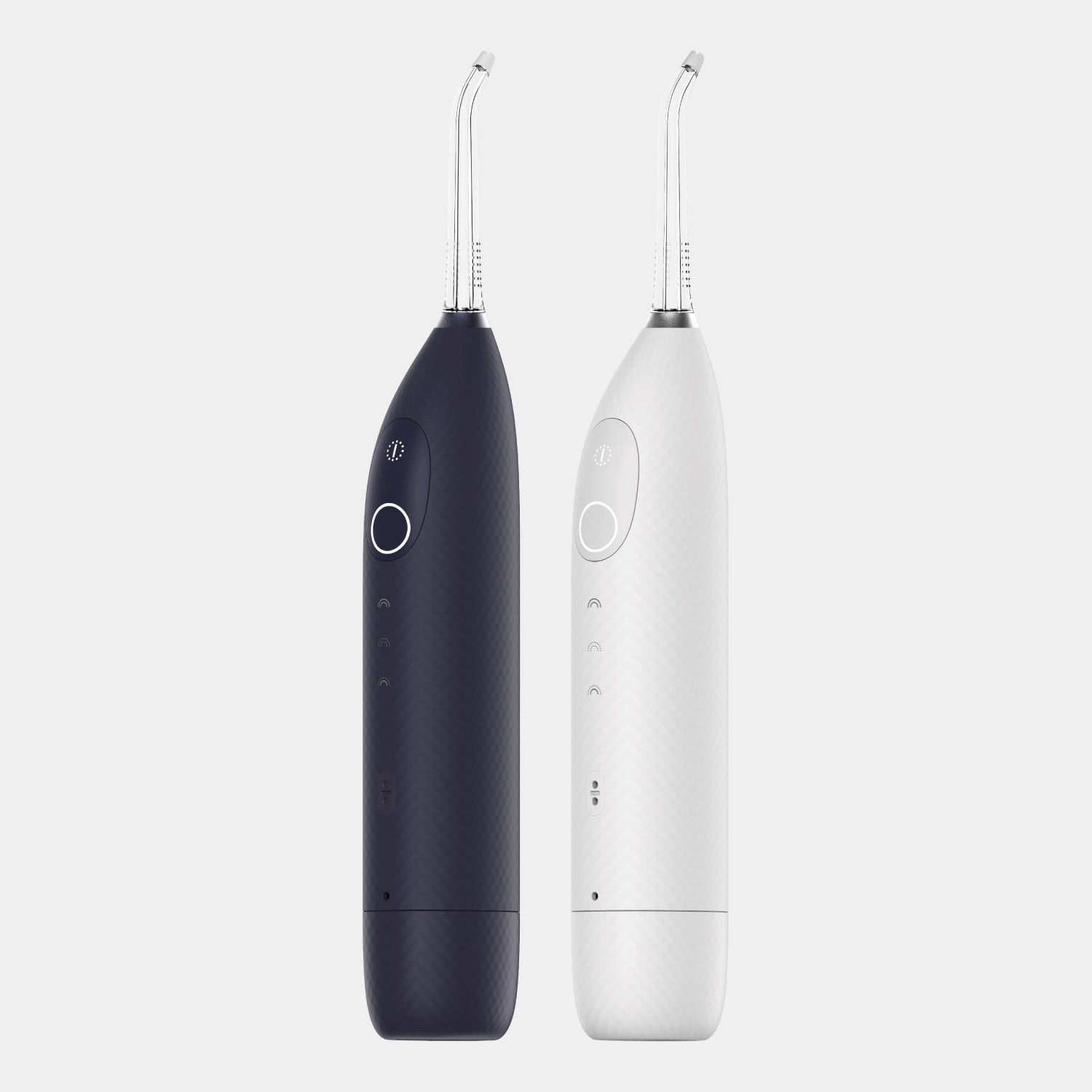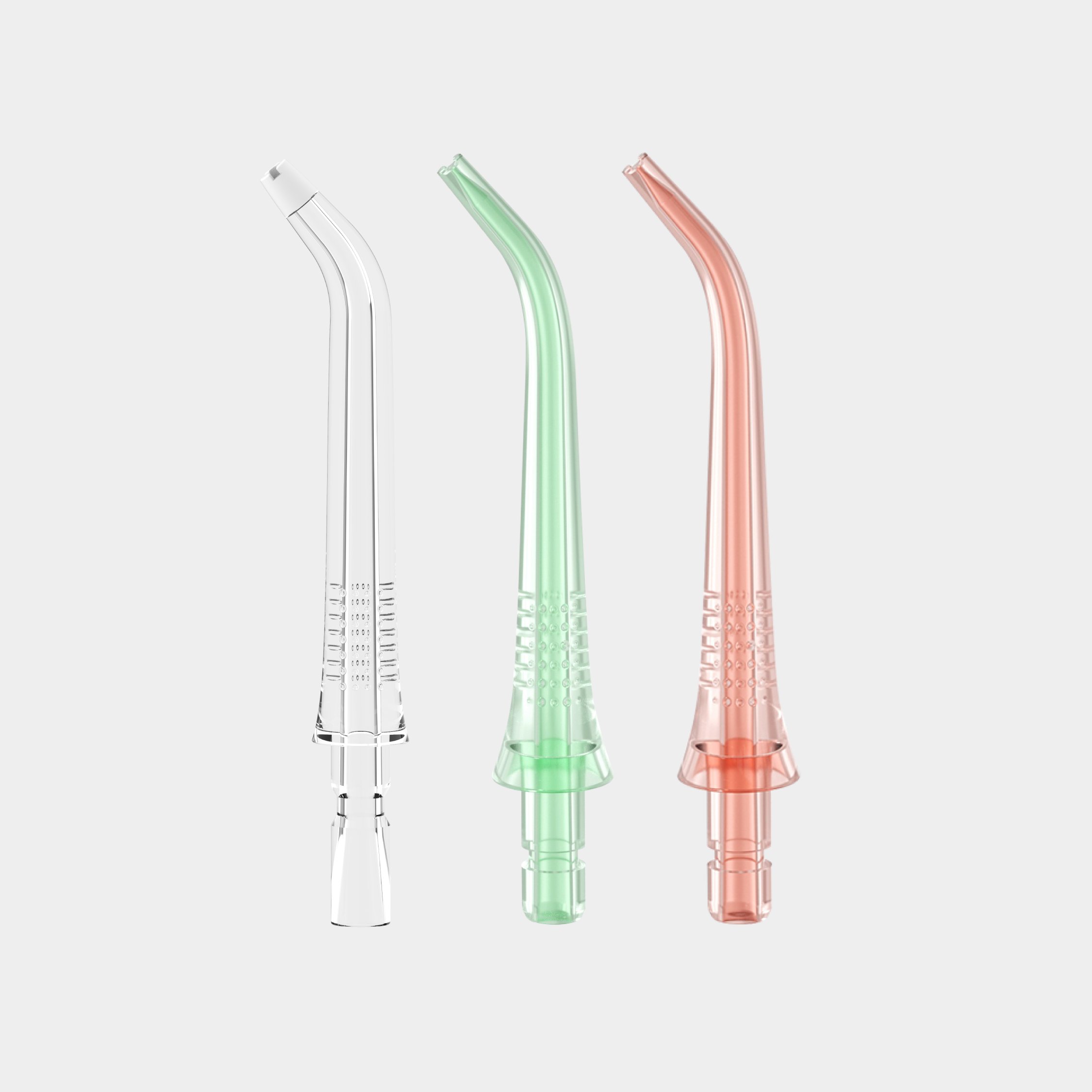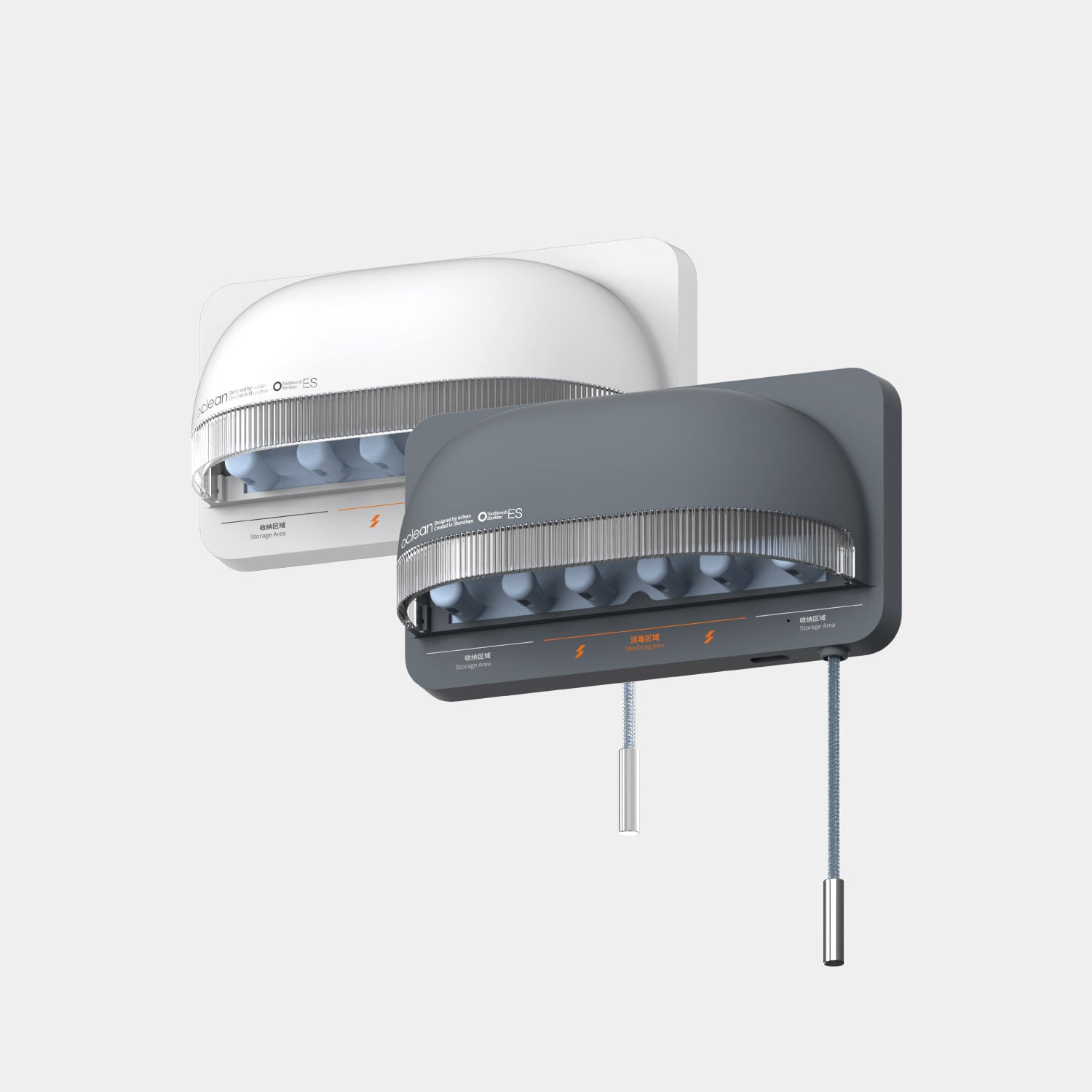Sudden pain when you are sipping on a hot cup of coffee or eating ice cream is one of the most frustrating daily life experiences. It often leaves you wondering, "Why are my teeth sensitive all of a sudden?" Well, if that has also happened to you, don't worry, as you are not alone.
Statistics indicate that one in eight people suffers from tooth sensitivity at some point in life. Although this condition may be very common, it can be uncomfortable and frustrating.

In this article, we will discuss the top reasons why your teeth might be sensitive all of a sudden. We will also address steps to manage the problem like a pro.
Common Causes of Sudden Tooth Sensitivity
Tooth sensitivity can be temporary or permanent. Temporary sensitivity would do you no harm, and you can easily avoid it by adopting better brushing techniques and a healthy diet. In contrast, permanent tooth sensitivity can indicate an underlying problem. Therefore, it becomes quite essential to find out why your teeth become sensitive all of a sudden so you can adopt the most effective steps.
Enamel erosion
One of the most common causes of sudden tooth sensitivity is enamel erosion. The hard outer layer protects the soft inner tissues of your teeth. When this wears away, it exposes the inner tissues, which happens because of acidic foods and drinks or brushing too hard. As a result, your teeth will become sensitive to temperature changes and certain foods.

Gum recession
Another common cause of sensitivity is the recession of gums. As gums begin to recede, they expose the roots of the teeth, which are not covered in enamel and are sensitive to outside stimuli. It can be caused by gum disease, aging, or even aggressive brushing.

Tooth Decay and Cavities
Tooth decay or cavities can also cause a sudden sensitivity. Cavity exposes the underlying nerves to whatever you eat: hot, cold, or spicy. As a result, you experience a sharp pain whenever food items touch the nerves.
Cavities can sometimes form with no prior sign; thus, when the sensitivity starts, it would come as a surprise. Therefore, if you find yourself having discomfort in a particular tooth, it might be because of a hidden cavity.

Bruxism
Another cause for sudden sensitivity is bruxism (grinding teeth). Most people grind their teeth unconsciously in their sleep. This wears down the enamel, allowing temperature and pressure changes to affect the exposed dentin of the tooth.
Bruxism often results in a response to stress and anxiety. Therefore, if you notice increased sensitivity after a stressful event, there is a good chance that bruxism is the reason behind your sudden sensitivity problem.
Treatment for Sudden Tooth Sensitivity
Now you know the most common causes of why your teeth become sensitive all of a sudden. But this information is useless if you don't know what to do next. That's why we are here to help.
Fortunately, you can avoid sudden tooth sensitivity with a few basic steps. Although the first step should always be treating the underlying cause, these specific steps can help you avoid discomfort and reduce the problem to the bare minimum.
Desensitizing Toothpaste
One of the first things to be recommended in the management of tooth sensitivity is the use of a desensitizing toothpaste. Such toothpastes contain compounds that block the tiny tubes in your teeth, known as tubules, and lead to the nerves. Eventually, this can reduce the sensitivity, providing much-needed relief.
If your teeth are sensitive, switching to such a toothpaste will help minimize the pain associated with hot, cold, or sweet foods. So the next time you ever wonder why my teeth are sensitive all of a sudden, perhaps desensitizing toothpaste can quickly provide a helpful answer.

Change Your Brushing Style
If the sensitivity is due to brushing too aggressively, then changing your brushing technique will make all the difference. Use a soft-bristled toothbrush and avoid brushing too aggressively. It is also imperative to brush gently in a circular motion rather than a back-and-forth motion, which tends to wear away the enamel and exacerbate the sensitivity.
Consider switching over to an sonic electric toothbrush with a "sensitive" mode to prevent further damage. The X Pro Elite is indeed an excellent option for people with sensitive teeth because it gives 84,000 movements per minute. It is gentle yet thorough and has a feature called "Sensitive" for a softer approach to brushing when needed.
Fluoride Treatments
A fluoride treatment from your dentist may help strengthen the enamel and reduce sensitivity. Fluoride helps remineralize the enamel and may even create a protective layer, making your teeth less sensitive to temperature or foods. It is also useful if the cause of your sensitivity is an erosion of the enamel.
Gum Grafts
Sometimes, grafting is necessary when the roots of the teeth become exposed due to gum recession. Here, tissue from another area of the mouth is taken and grafted over the exposed roots; it's a bit more involved but sometimes can provide long-term relief for persons experiencing gum recession and other sensitivities.

Dental procedure for caries
If the sensitivity is due to a cavity or tooth decay, you will need professional dental treatment. A filling or, in more severe cases, a root canal may be necessary to address the issue and reduce sensitivity.
When to See a Dentist?
Although tooth sensitivity is sometimes normal, chronic or sharp pain could be a sign of something serious. If you keep asking yourself, Why are my teeth sensitive all of a sudden? And the available over-the-counter treatments do not help ease the problem. It is high time you visit a dentist.
A dental practitioner will diagnose the underlying cause of your sensitivity. Early intervention can prevent further damage and better help you manage discomfort. Should your sensitivity be accompanied by swelling, bleeding gums, or a constant ache, see the dentist as soon as you can to address any underlying issues.

The Bottom Line
Good oral hygiene will prevent sudden tooth sensitivity. Brush your teeth with a soft-bristled toothbrush twice daily, avoid food with acid, and consider fluoride toothpaste to enhance the strength of enamel.



